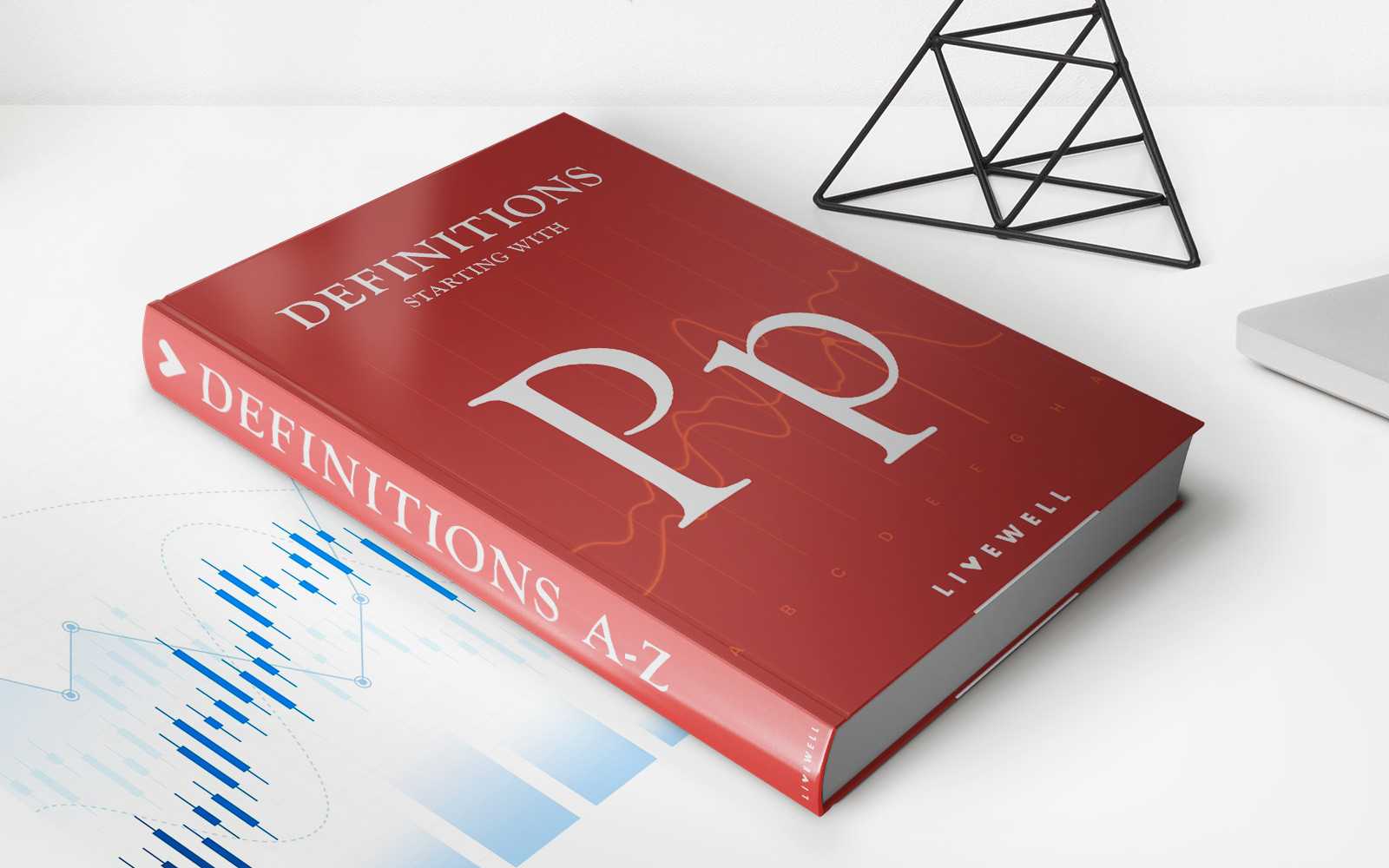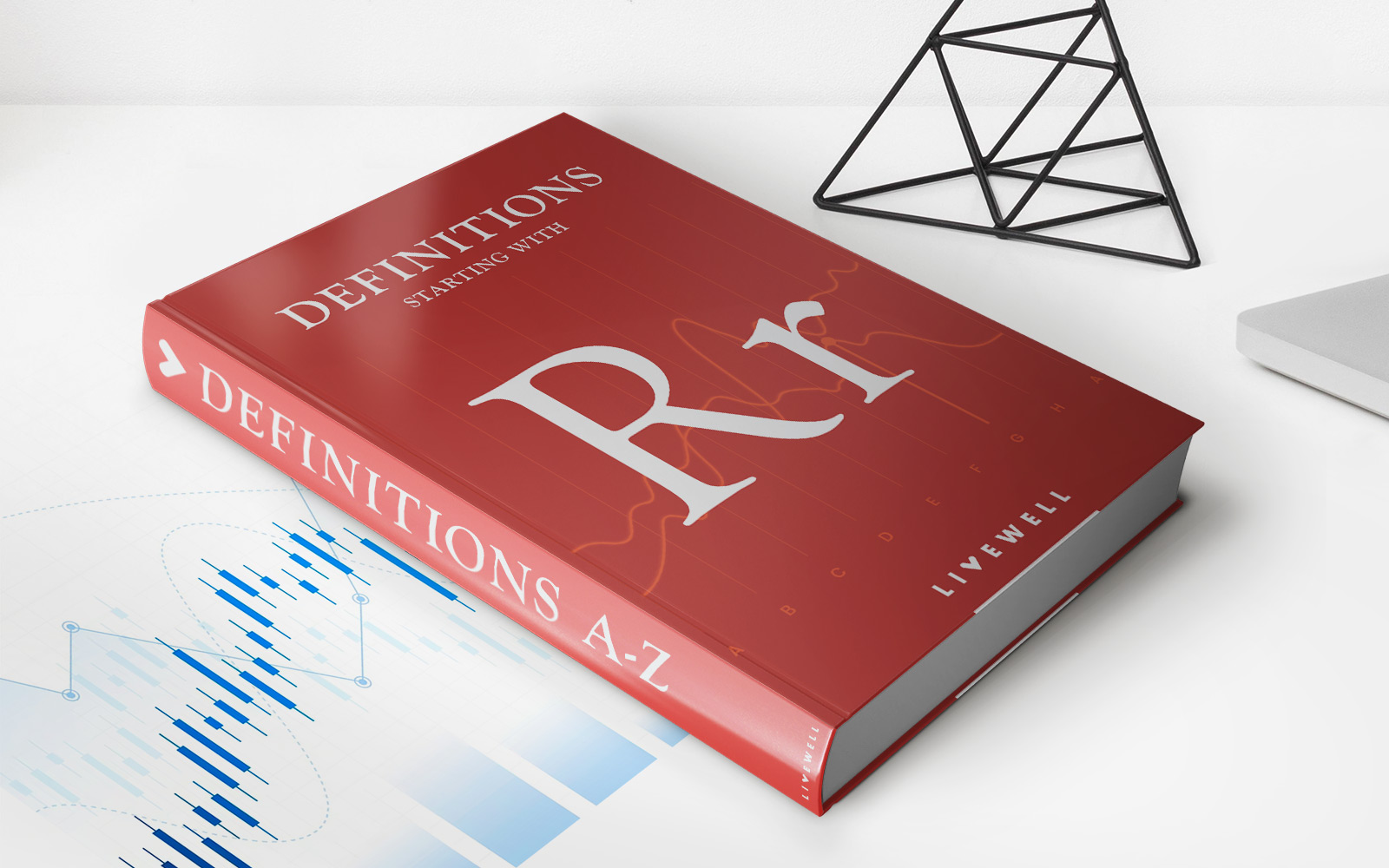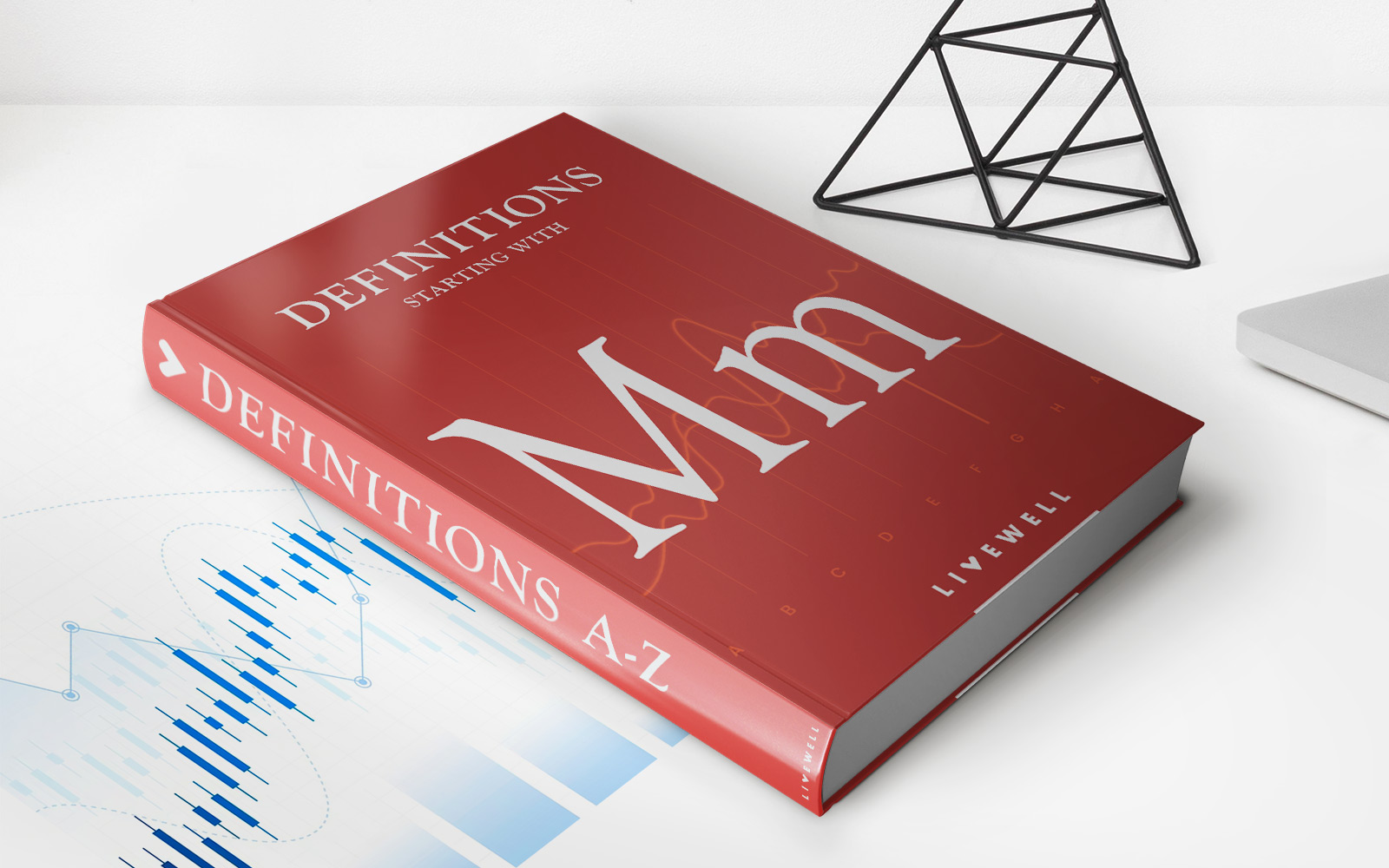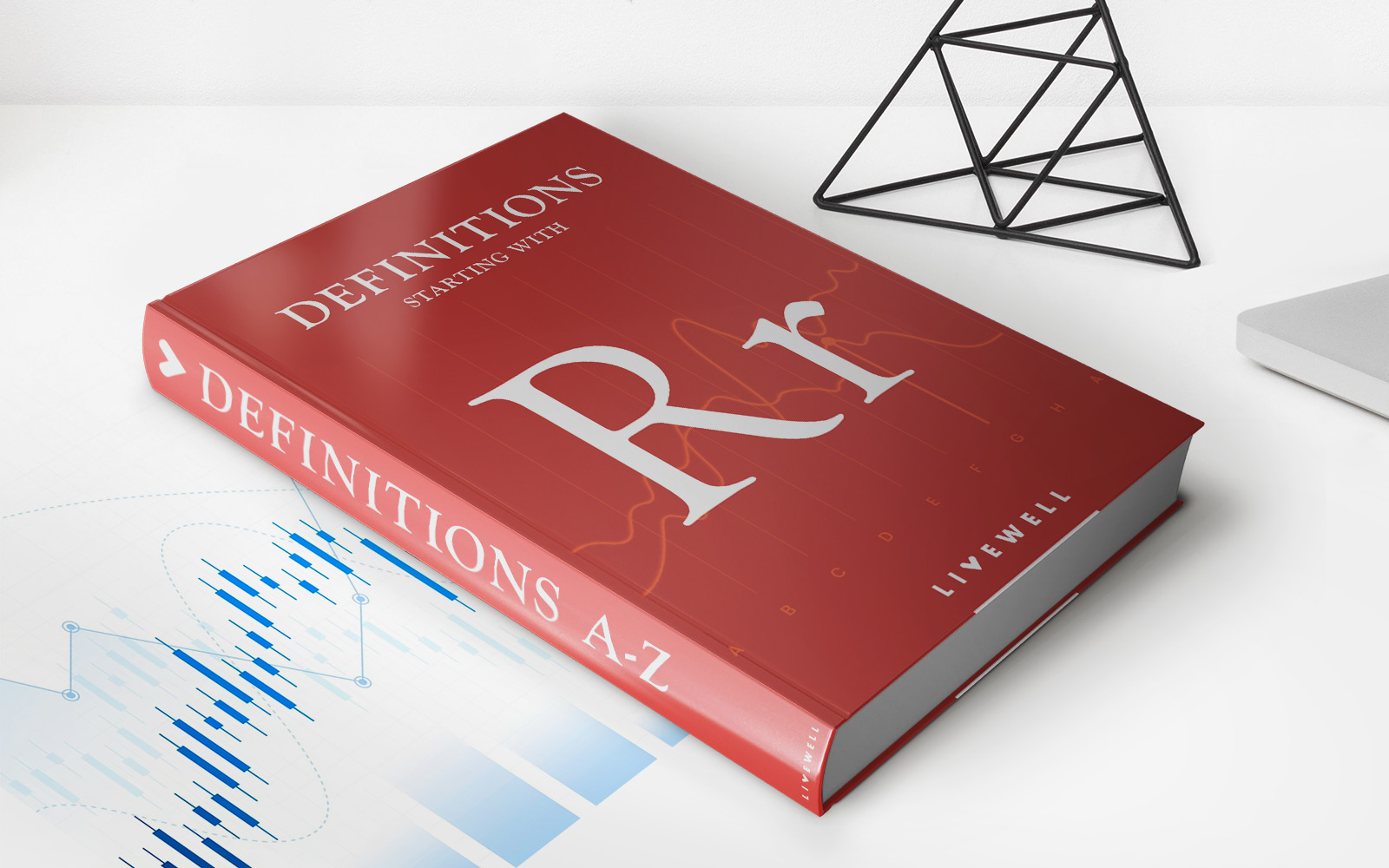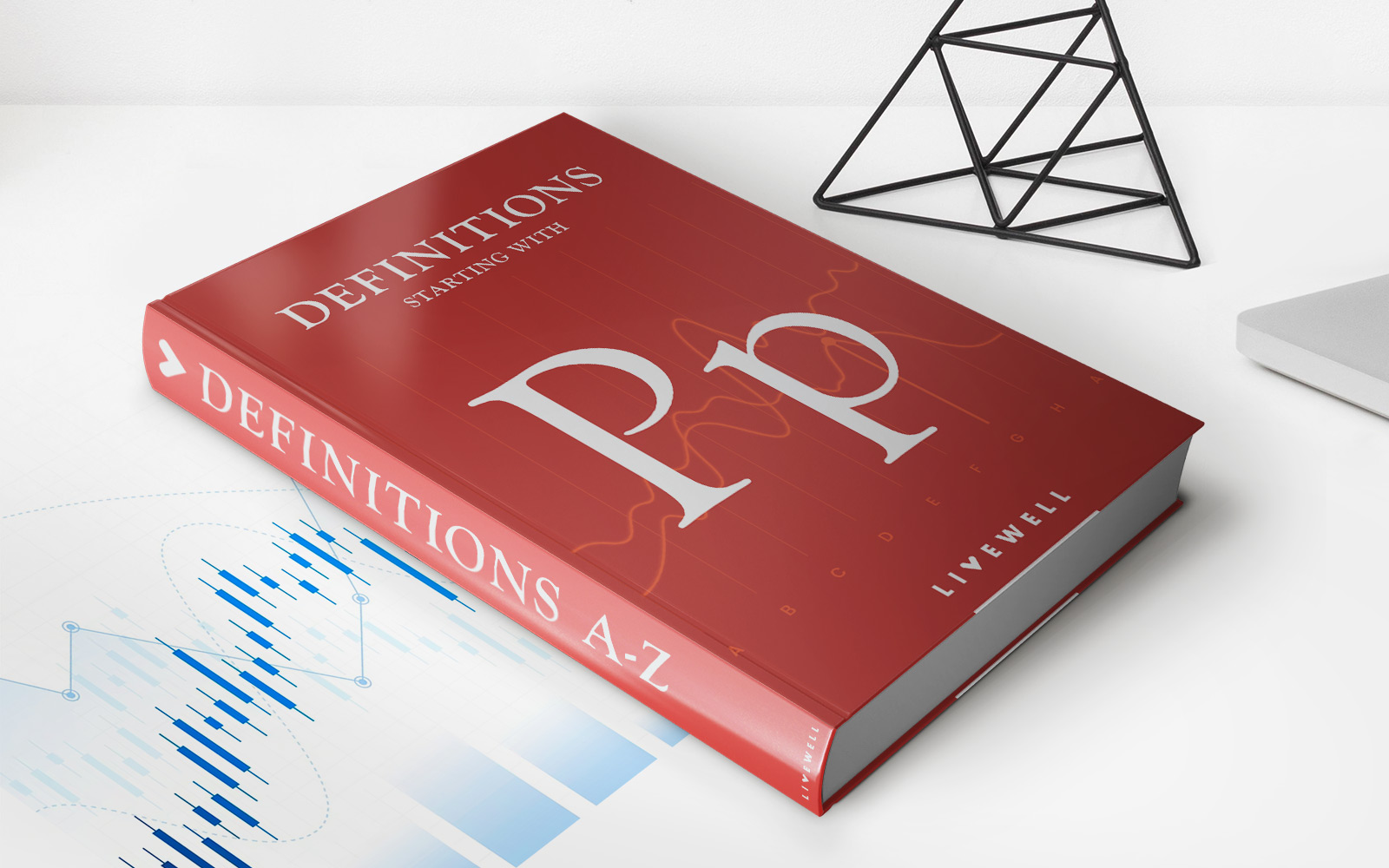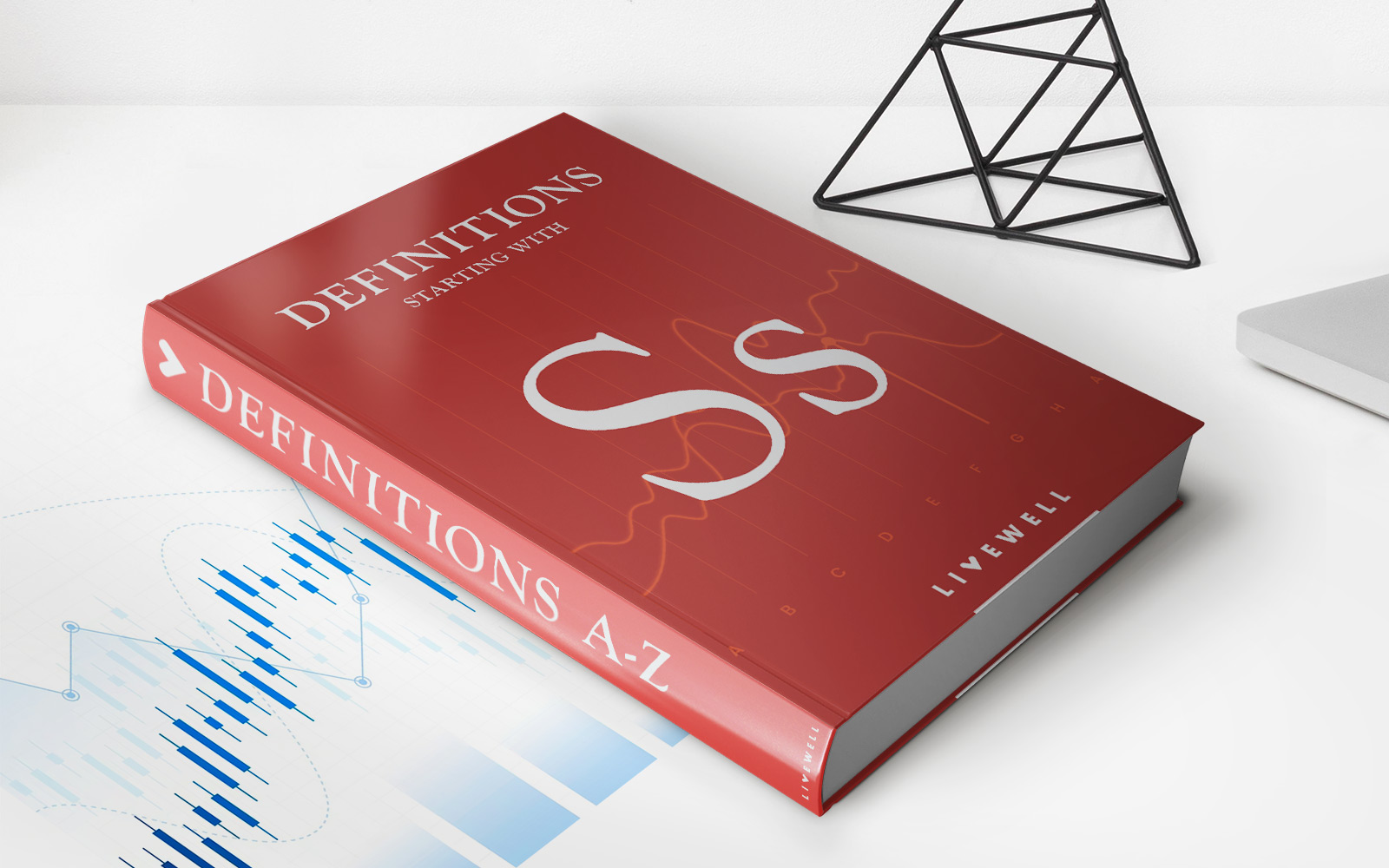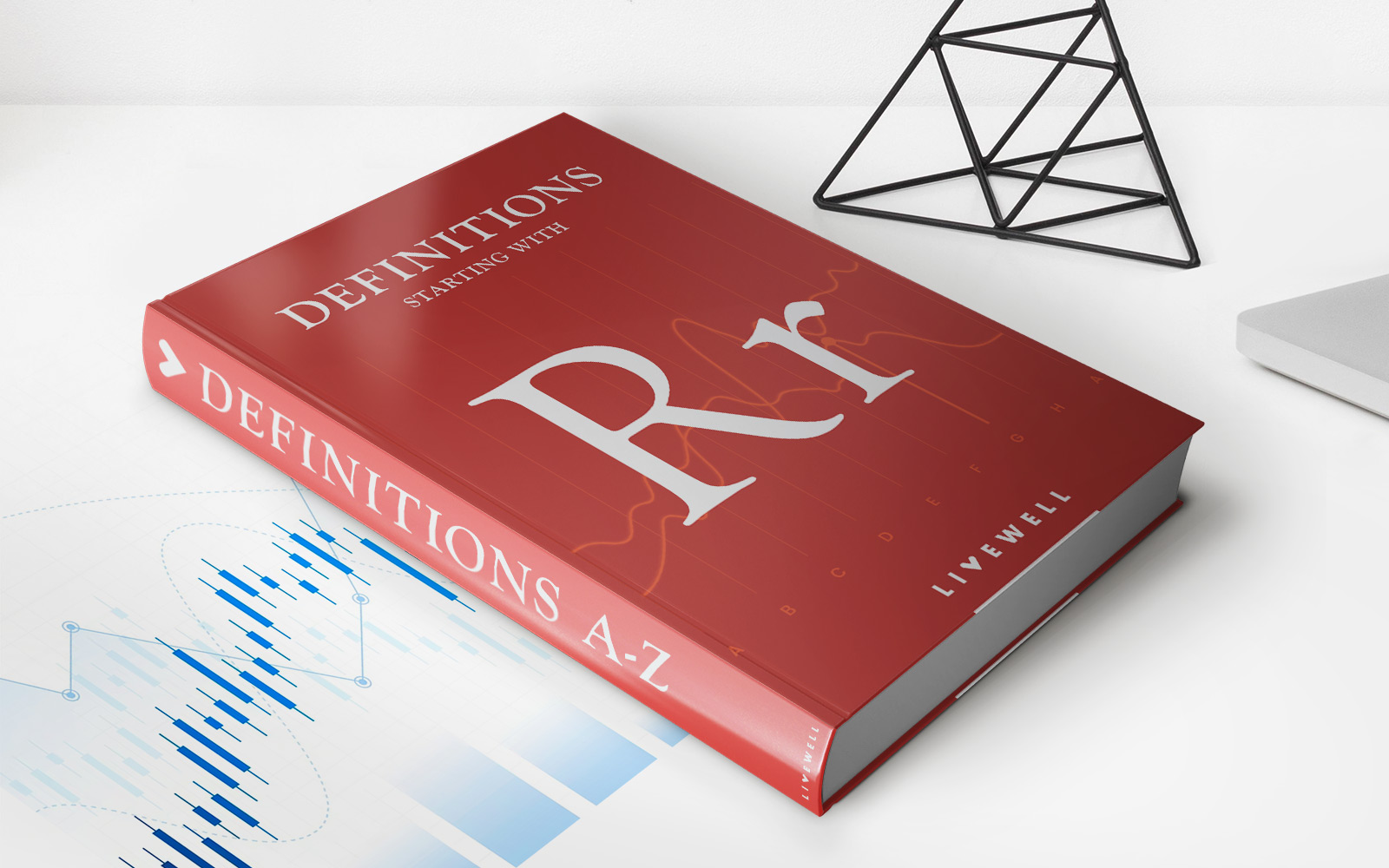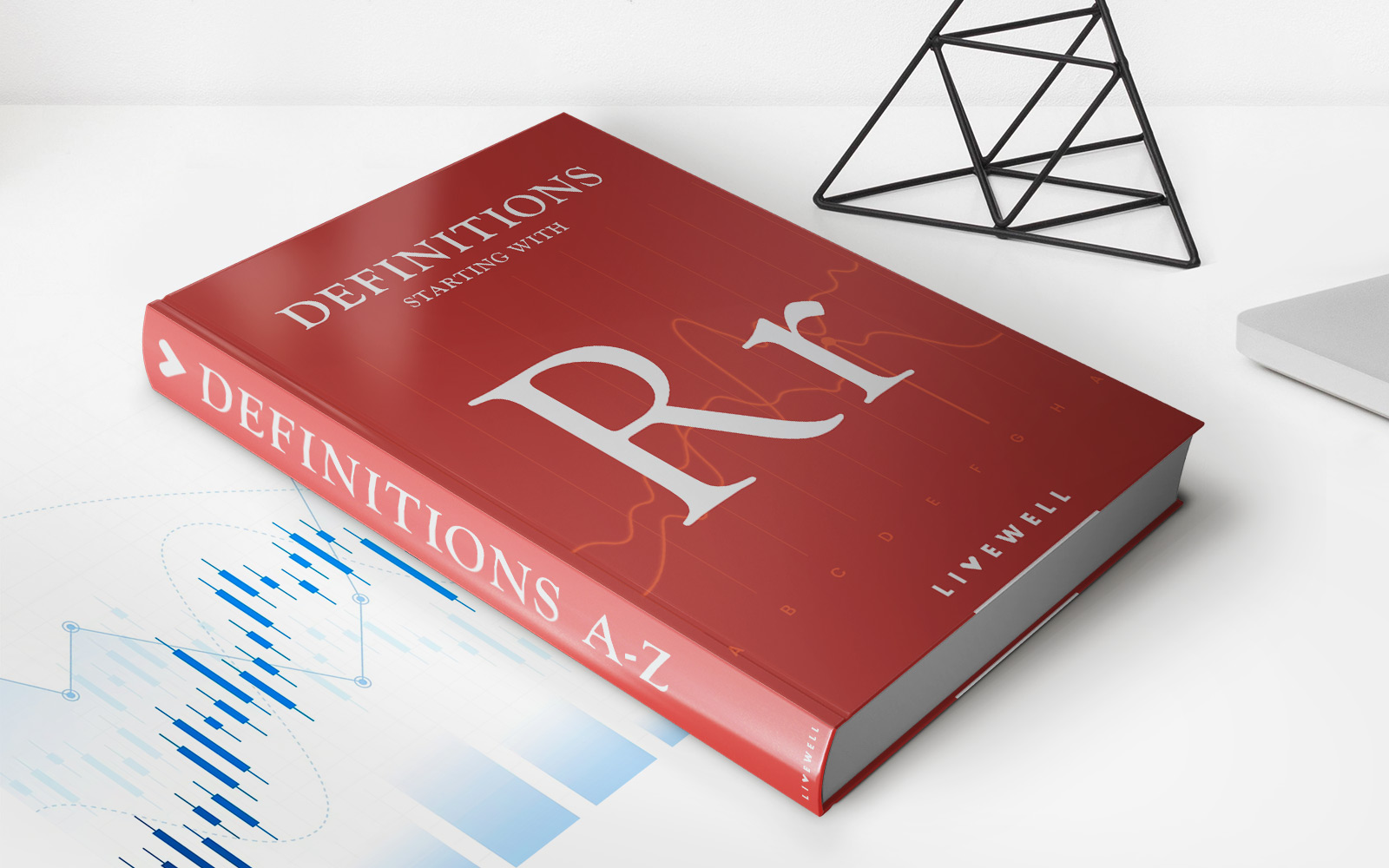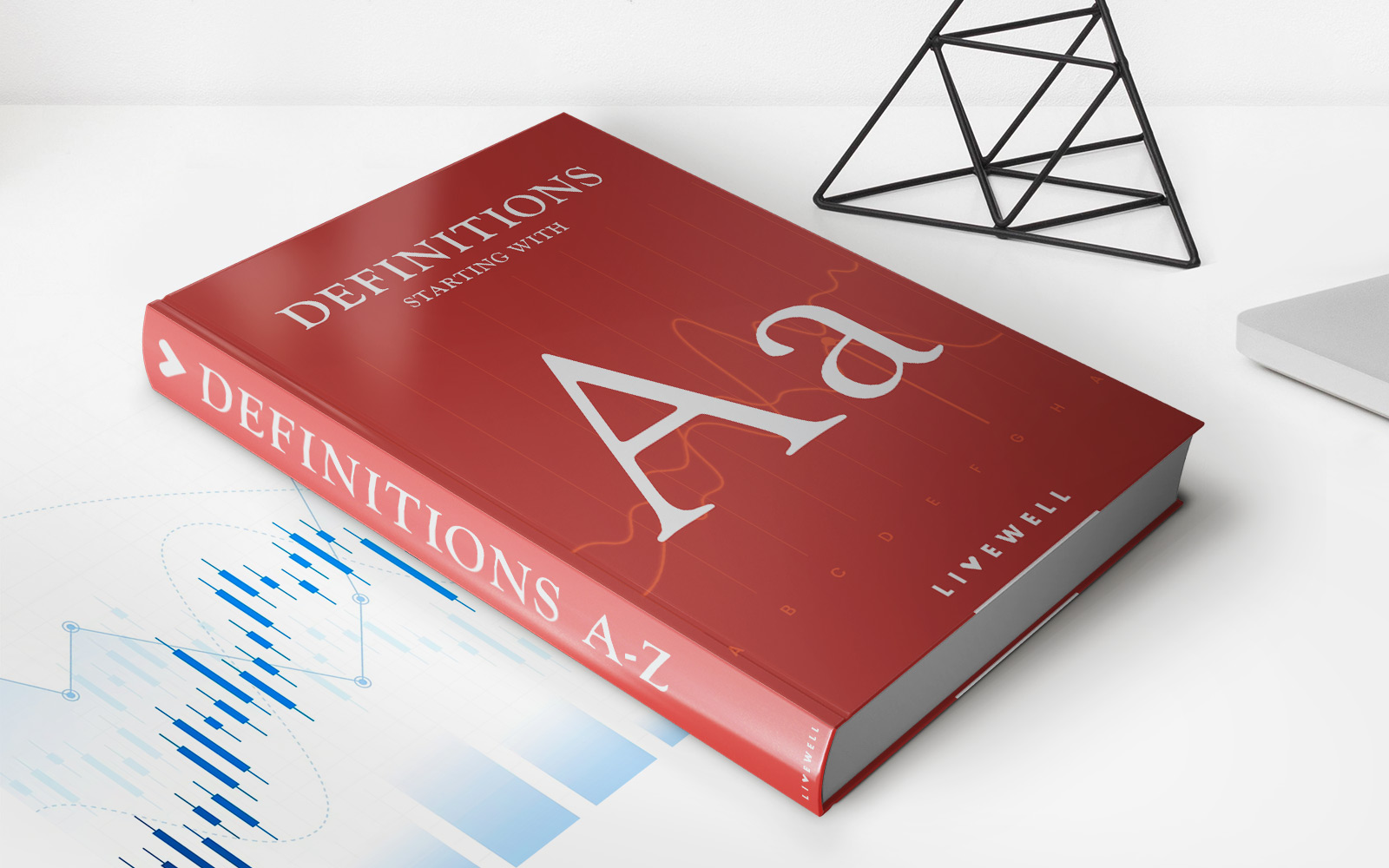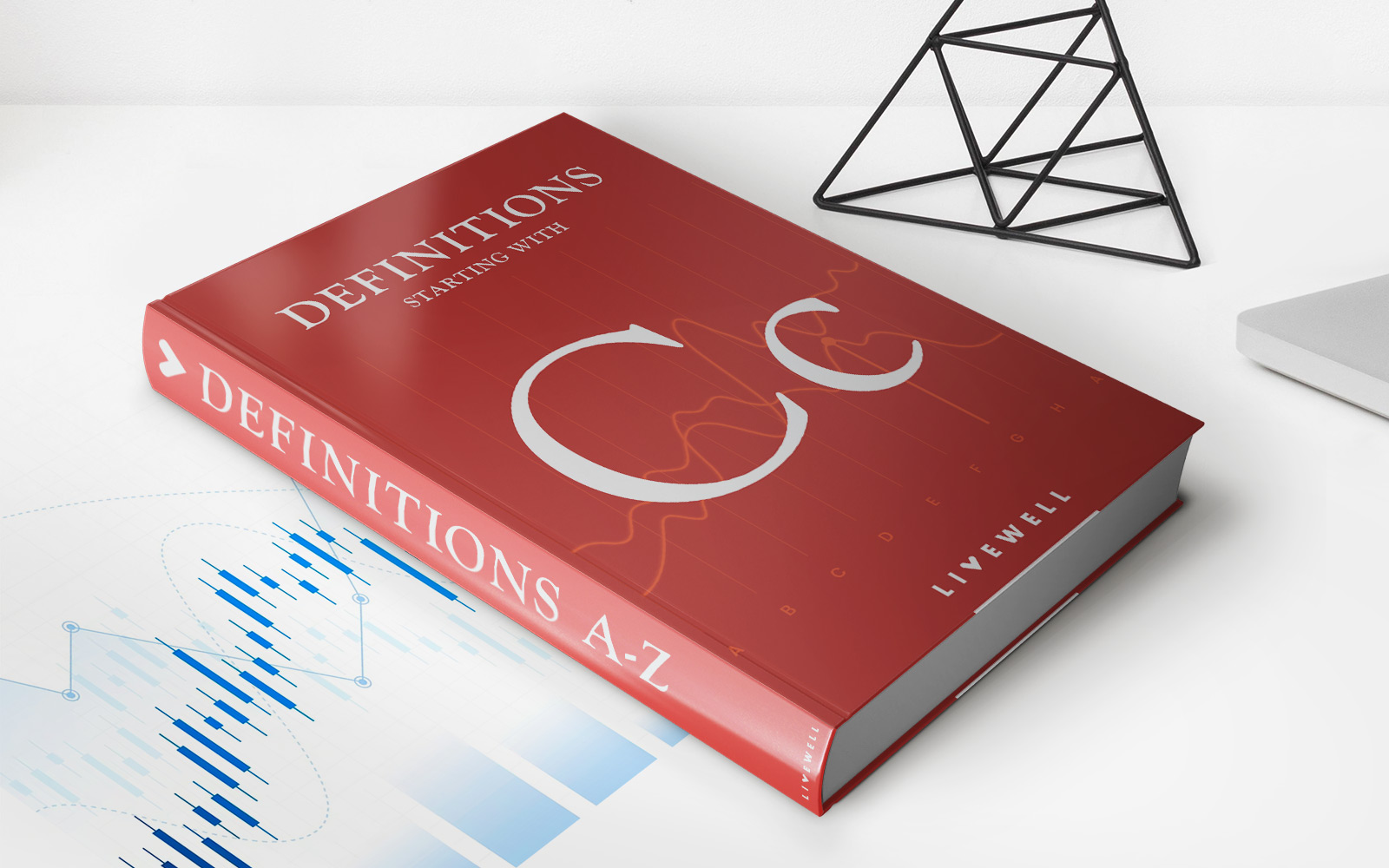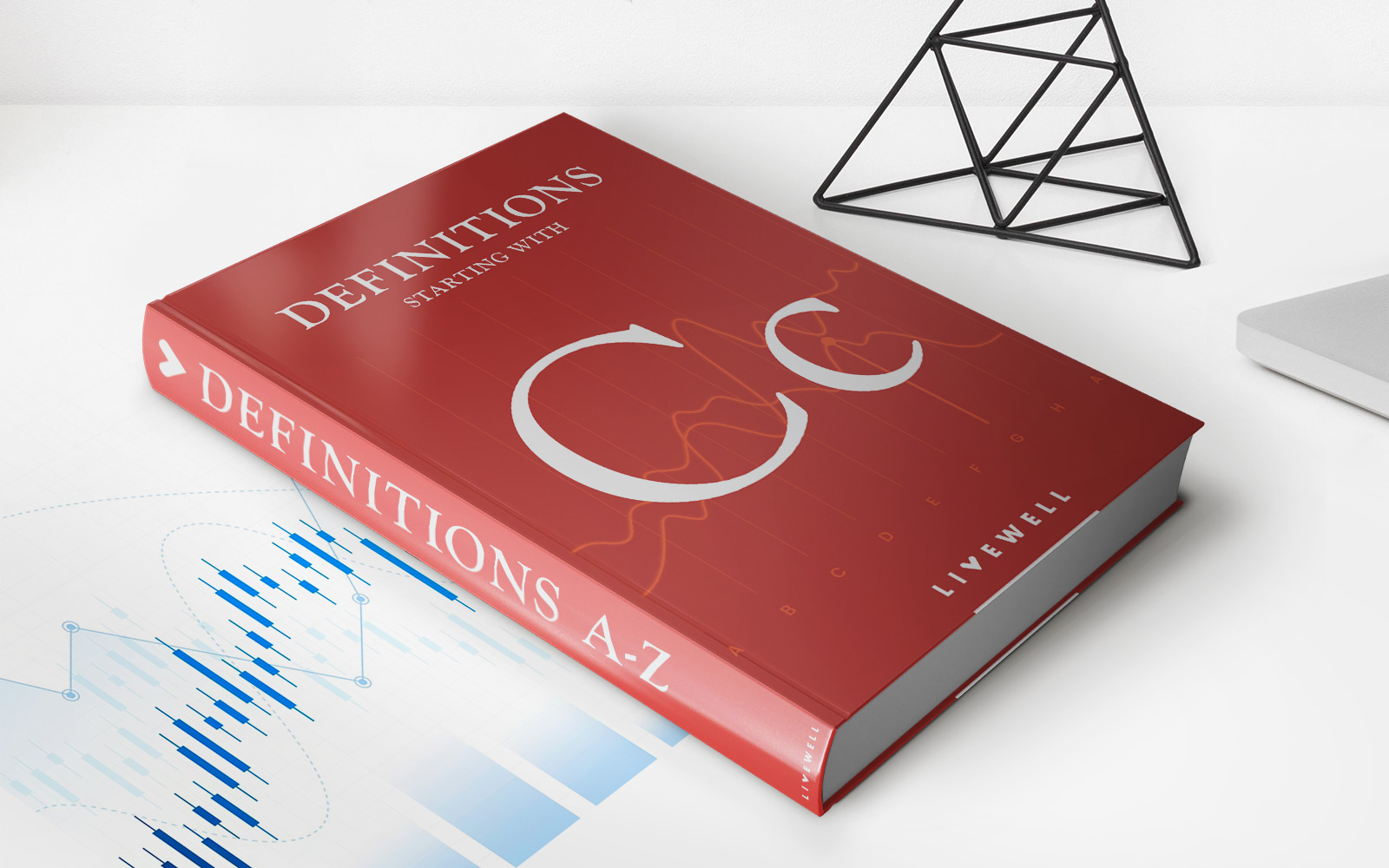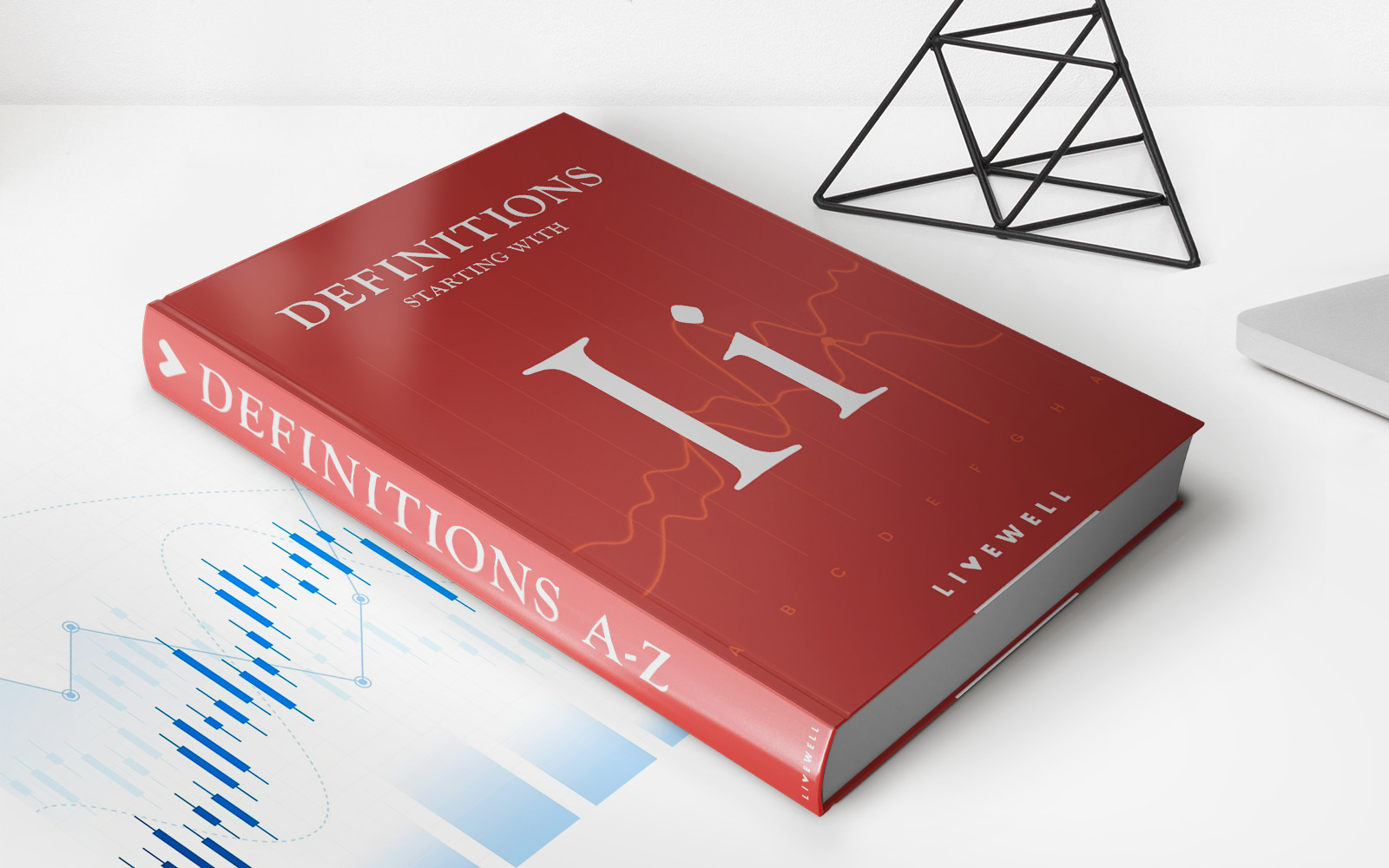

Finance
Income Property Mortgage Definition
Modified: December 30, 2023
Learn the definition of income property mortgage in the world of finance. Find out how it can help you grow your real estate investment portfolio.
(Many of the links in this article redirect to a specific reviewed product. Your purchase of these products through affiliate links helps to generate commission for LiveWell, at no extra cost. Learn more)
Understanding Income Property Mortgage: A Guide to Maximizing Your Investment
When it comes to building wealth and securing a stable financial future, investing in income properties can be a smart move. With the potential for steady cash flow and long-term appreciation, income properties have become increasingly popular among both seasoned investors and those looking to dip their toes into the world of real estate.
If you’re considering investing in an income property but are unsure about financing options, understanding the concept of an income property mortgage is crucial. In this article, we will delve into the definition of an income property mortgage and explore how it can help you maximize your investment potential.
Key Takeaways:
- An income property mortgage is a loan specifically designed to finance properties that generate rental income.
- Income property mortgages typically have higher interest rates and require a larger down payment compared to traditional mortgages.
What is an Income Property Mortgage?
An income property mortgage, also known as an investment property mortgage, is a type of loan that is specifically designed to finance properties that generate rental income. Unlike a traditional mortgage used for a primary residence, an income property mortgage takes into account the potential rental income of the property when determining loan eligibility and terms.
Essentially, an income property mortgage allows individuals or investors to purchase residential or commercial properties with the intention of renting them out to tenants and earning regular cash flow. This type of mortgage is typically used by those interested in entering the real estate market as landlords or by experienced investors seeking to expand their portfolio.
Key Features of an Income Property Mortgage:
- Higher Interest Rates: Income property mortgages often carry higher interest rates compared to traditional mortgages, primarily due to the increased risk associated with rental properties.
- Larger Down Payment: Lenders typically require a larger down payment for income property mortgages, with some lenders requiring a minimum 20% down payment.
- Rental Income Consideration: When evaluating a borrower’s eligibility, lenders take into account the potential rental income of the property, along with the borrower’s income and credit history.
- Property Type: Income property mortgages can be used to finance various types of properties, including single-family homes, multi-unit residential buildings, commercial properties, or even vacation rentals.
- Cash Flow Analysis: Lenders may analyze the property’s cash flow potential to ensure that the rental income will cover the mortgage payment, property taxes, insurance, and other expenses.
The Benefits of an Income Property Mortgage
Investing in income properties can offer a range of benefits, and obtaining an income property mortgage can be the key to unlocking their potential. Here are a few advantages to consider:
- Additional Income Stream: With an income property, you have the opportunity to earn regular rental income, which can help offset the costs associated with owning the property and potentially generate additional income.
- Appreciation and Wealth Building: Over time, income properties have the potential to appreciate in value, allowing you to build equity and accumulate wealth through property appreciation.
- Tax Benefits: Income property owners can take advantage of various tax deductions, such as deductions for mortgage interest, property taxes, insurance, maintenance, and repairs.
- Portfolio Diversification: Investing in income properties can help diversify your investment portfolio, reducing the overall risk by spreading investments across different asset classes.
By understanding the concept of an income property mortgage and the benefits it offers, you can make informed decisions when it comes to financing your investment. Keep in mind that working with a knowledgeable mortgage professional who specializes in income property mortgages can provide you with invaluable guidance throughout the process.
Remember, investing in income properties requires careful research, due diligence, and a long-term perspective. With the right financial foundation and a well-executed plan, income properties can be an excellent vehicle for building wealth and achieving your financial goals.
